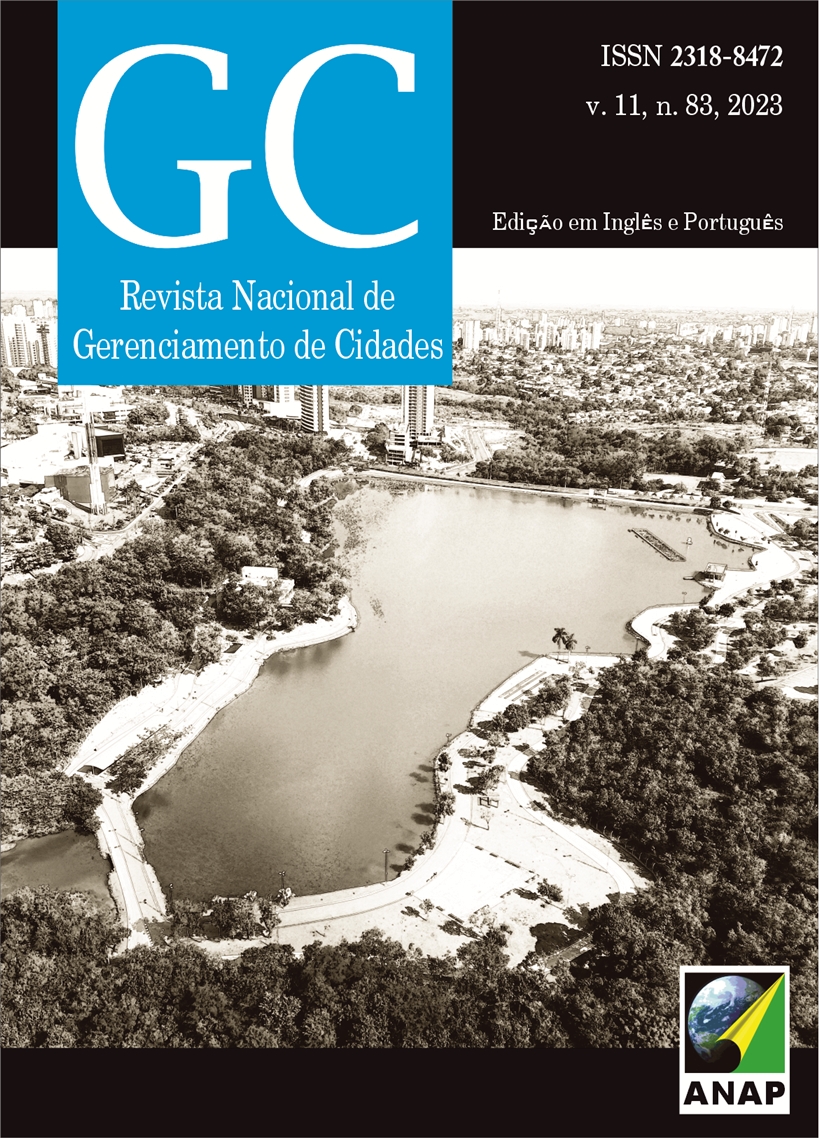Planning as an instrument for protecting the Guarani Aquifer, municipality of Ribeirão Preto/SP, Brazil
DOI:
https://doi.org/10.17271/23188472118320233539Abstract
The Municipal Master Plan and its complementary Legislation have the function of determining rules for conducting the urban development of a city, so that the impacts of anthropic activities on the natural environment are minimized and the social function of the property is guaranteed. This research aimed to analyze the advances and setbacks of urban legislation in the municipality of Ribeirão Preto/SP, Brazil, with regard to the protection of the recharge area of the Guarani Aquifer. To this end, the initial versions and respective revisions of the Municipal Master Plan (Municipal Complementary Laws nos. 501/1995, 1,573/2003 and 2,866/2018) and of the Land Subdivision, Use and Occupation Law (Municipal Complementary Law no. 2,157/ 2007 and Complementary Municipal Law Project nº 11/2022), with emphasis on the analysis of the update of the territorial organization criteria for this area. Restrictions were added to the territorial organization in the last version of the Municipal Master Plan, however, retrogressions were observed in the urbanistic requirements in the revision of the Law of Subdivision, Use and Land Occupation in relation to the protection of the recharge area of the Guarani Aquifer.
Downloads
Published
Issue
Section
License
Copyright (c) 2023 Revista Nacional de Gerenciamento de Cidades

This work is licensed under a Creative Commons Attribution-NonCommercial-ShareAlike 4.0 International License.














